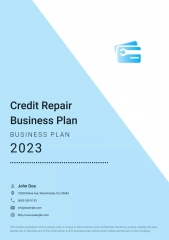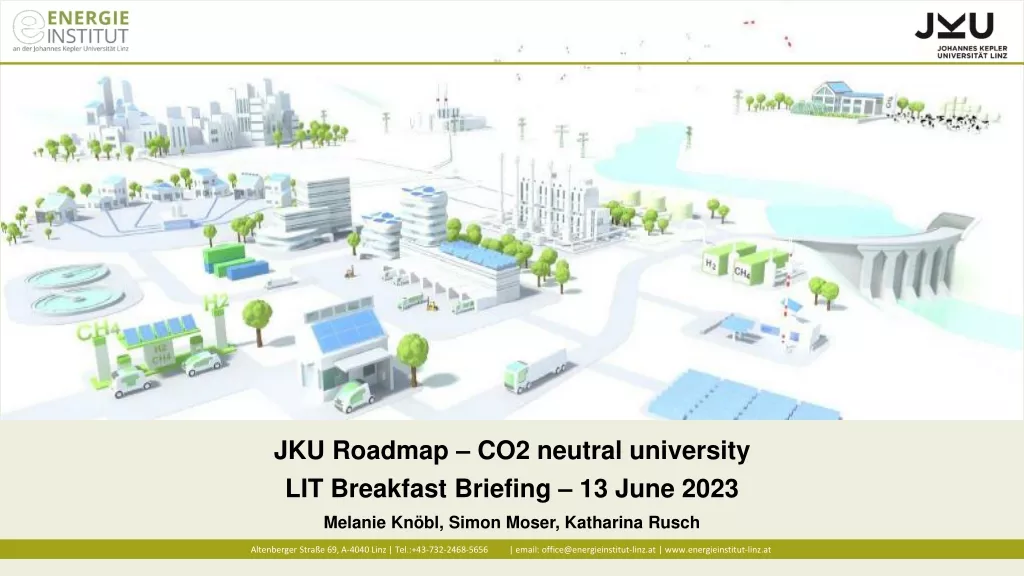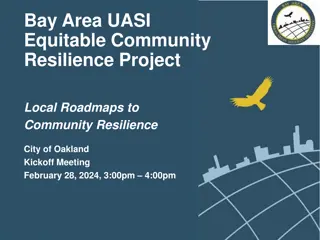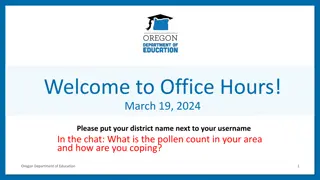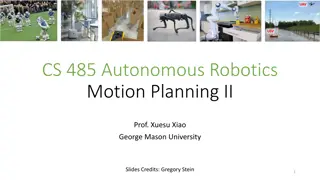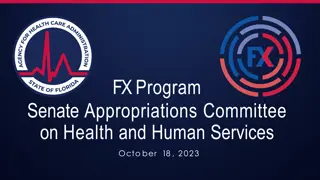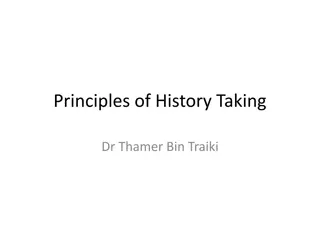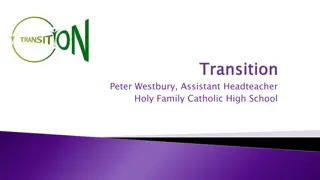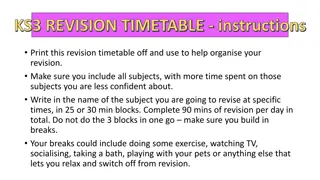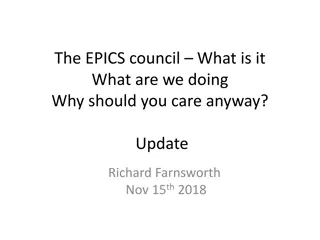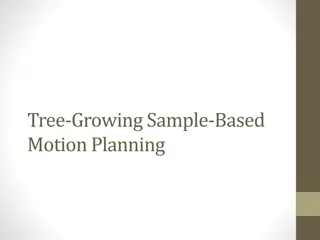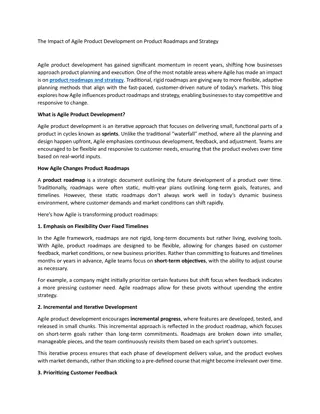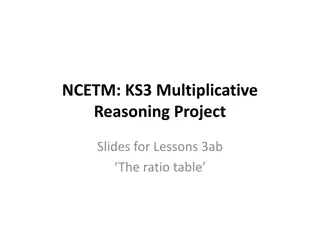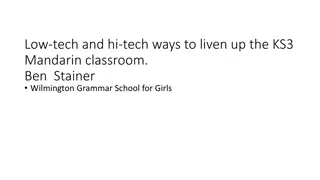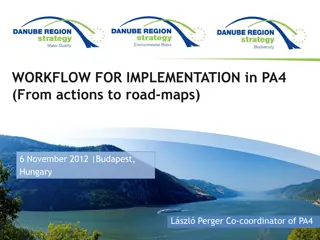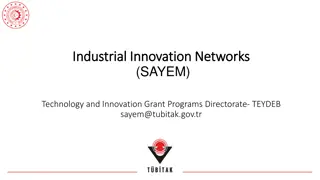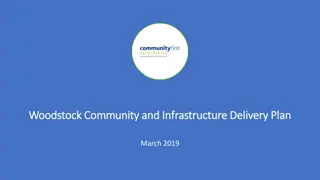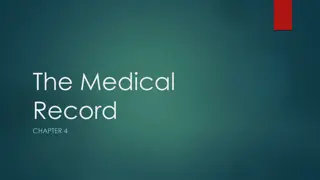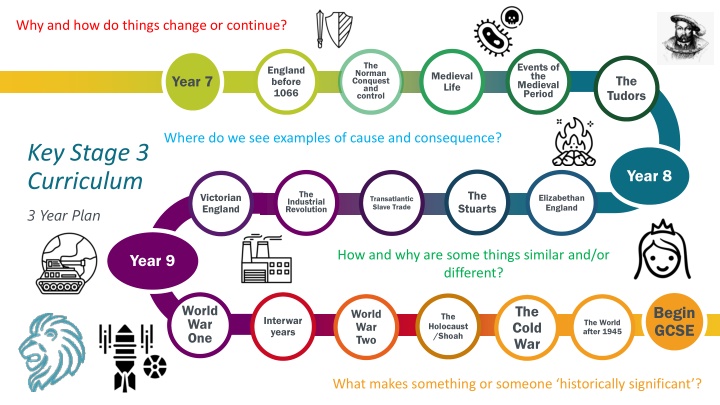
Exploring Historical Change: Medieval to World War Era
Dive into the transformation of England from the Medieval Period to World War I and explore key events such as the Norman Conquest, Tudor reign, Industrial Revolution, and World Wars with a focus on cause and consequence.
Download Presentation

Please find below an Image/Link to download the presentation.
The content on the website is provided AS IS for your information and personal use only. It may not be sold, licensed, or shared on other websites without obtaining consent from the author. If you encounter any issues during the download, it is possible that the publisher has removed the file from their server.
You are allowed to download the files provided on this website for personal or commercial use, subject to the condition that they are used lawfully. All files are the property of their respective owners.
The content on the website is provided AS IS for your information and personal use only. It may not be sold, licensed, or shared on other websites without obtaining consent from the author.
E N D
Presentation Transcript
Why and how do things change or continue? The Events of the Medieval Period England before 1066 Norman Conquest and control Medieval Life Year 7 The Tudors Where do we see examples of cause and consequence? Key Stage 3 Curriculum Year 8 The Stuarts The Victorian England Elizabethan England Transatlantic Slave Trade Industrial Revolution 3 Year Plan How and why are some things similar and/or different? Year 9 World War One The Cold War Begin GCSE World War Two The Interwar years The World after 1945 Holocaust /Shoah What makes something or someone historically significant ?
Why and how do things change or continue? How and why did the Romans invade? What was Britain like before 1066? Why was there a battle for the crown in 1066? Year 7 Why did William win the Battle of Hastings? Who were the Celts? Key Stage 3 Curriculum Year 7 PLAN We study History chronologically and interweave the following factors: social, religious, representation, economic, power. How did England change under the Normans? Where do we see examples of cause and consequence? What was life like in Medieval England? Why did people go on Crusades? How powerful was the Medieval Catholic Church? Why was Thomas Beckett murdered? Was King John a good king? How and why are some things similar and/or different? How did the Magna Carta and Parliament develop? What was the Peasants Revolt? Why did Henry VIII break with Rome? What was the Black Death? Year 8 Who were the Tudors? What makes something or someone historically significant ?
Why and how do things change or continue? What were the issues faced by Tudor women? Year 8 Who was Elizabeth I? What changed under King James I? Why did the Spanish Armada fail? Key Stage 3 Curriculum Year 8 PLAN We study History chronologically and interweave the following factors: social, religious, representation, economic, power. What happened to the monarchy after the Civil War? Where do we see examples of cause and consequence? What was life like for enslaved people? How and why was the monarchy restored? What was the Slave Trade? What did Britain gain from its Empire? What was the British Empire? Why was slavery abolished? How and why are some things similar and/or different? What changed in England between 1700-1900? What was life like during the Industrial Revolution? Why was coal mining so important to Ashton? What was Victorian England like? Year 9 How did people protest for their rights? What makes something or someone historically significant ?
Why and how do things change or continue? Why did there become a stalemate ? What were the causes of WWI? Year 9 Why was Germany finally beaten? What were the key battles of WWI? What were the consequences of the Treaty of Versailles? Key Stage 3 Curriculum Year 9 PLAN Where do we see examples of cause and consequence? We study History chronologically and interweave the following factors: social, religious, representation, economic, power. Who was Adolf Hitler? What What were the key events of World War Two? How did the Nazi party rise to power? How did the Nazis control people? happened to the Jews of Europe 1933- 1945? What is meant by the term Holocaust ? How and why are some things similar and/or different? What was the Civil Rights Movement and what did it achieve? Year 10 What was the Cold War ? How did countries start to break away from the British Empire? Post-1945 British Society What makes something or someone historically significant ?

